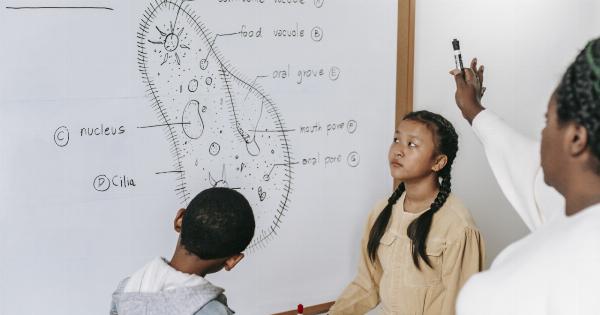Playing with toys is a fundamental activity in early childhood. It helps children learn, develop social skills, and engage in imaginative play.
However, sharing toys can be a difficult concept for young children to grasp, leading to conflicts with peers and frustration for parents. In this article, we will discuss why children struggle to share toys and provide tips for parents on how to develop their child’s sharing skills.
Why children struggle to share toys
Sharing is a complex social skill that requires children to understand the perspectives of others and recognize that others have needs and wants. Research shows that children typically begin to understand the concept of sharing around the age of 2 or 3.
However, even at this age, they may still struggle with sharing their belongings with others.
1. Selfishness and possessiveness
Young children are naturally selfish and possessive. They may not understand why they should give up something that they perceive as theirs to someone else.
To them, sharing can feel like a loss, and they may feel threatened by the idea of losing their toy to someone else.
2. Developmental stage
Children’s sharing abilities are strongly influenced by their developmental stage. At the age of 2-3, children are still learning how to express themselves, deal with emotions, and communicate with others.
Sharing may be too complex a concept for them to fully understand at this stage. As they grow older and develop better communication skills, their sharing abilities will improve.
3. Fear of losing control
Some children may refuse to share their toys because they fear losing control of the situation. They may worry that they won’t get their toy back or that the other child will damage or take it.
This fear can be exacerbated if the child has had negative experiences in the past of sharing a toy and never getting it back.
4. Influence of parents and siblings
Parents and siblings play an essential role in shaping a child’s attitudes towards sharing. If children grow up in an environment where sharing is not encouraged or modeled, they may be less likely to develop sharing skills.
Alternatively, if they are forced to share their belongings regularly, they may see sharing as a negative experience and become resistant to it. Parents should strive to create a positive sharing environment in the home.
5. Needs and wants
Children may become possessive over their toys because they feel a strong attachment to them. Toys can provide a sense of comfort, familiarity, and security, making it difficult for children to give them up.
They may also worry that they won’t be able to get their toy back or that the other child will damage it. In this case, parents should try to help their child understand the difference between needs and wants and encourage them to share non-essential toys.
How to develop your child’s sharing skills
As a parent, you can help your child learn to share their belongings with others. Here are some tips to help you teach your child how to share:.
1. Have realistic expectations
Remember that children’s sharing skills take time to develop. Don’t push your child too hard or expect too much from them too soon. Instead, praise small steps of progress and encourage positive behavior.
2. Use positive reinforcement
Praise your child for sharing their toys with others, and give them positive attention when they do so.
Try to avoid using negative reinforcement, such as taking away toys or punishing them, as this can lead to anxiety and negative associations with sharing.
3. Model sharing behavior
Children learn best through observation, so make sure to model sharing behavior towards them. Share snacks, books, or toys with your child and others in front of them, and explain why it is important to share with others.
4. Encourage turn-taking
To help your child understand the concept of sharing, encourage turn-taking during playtime. This will teach them to respect other people’s needs and wants and understand that they will get a turn too.
5. Be patient and supportive
Sharing can be challenging for young children, so it’s important to be patient and supportive. Don’t get frustrated with them or force them to share if they are not comfortable doing so.
Instead, offer gentle encouragement and praise when they make progress.
Conclusion
Sharing is a critical social skill that children need to develop to interact with others successfully. However, it is also a complex concept that can be challenging for young children to understand.
By understanding the reasons why children struggle to share and following the tips we’ve provided, parents can help their children develop the sharing skills they need to thrive in social situations.






























